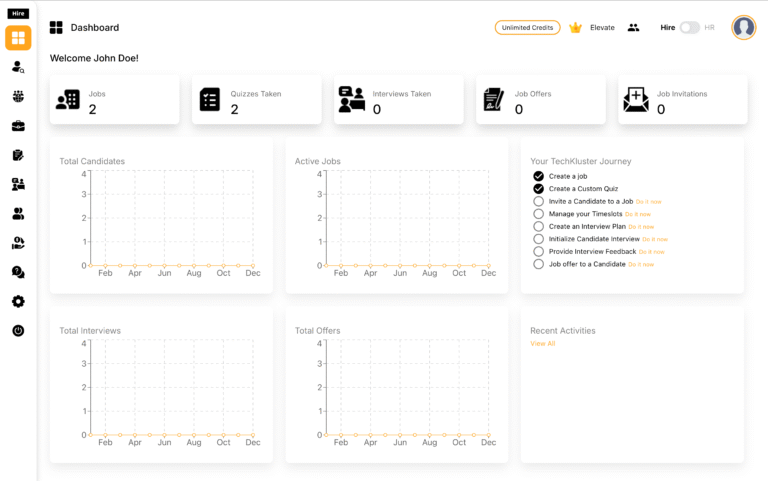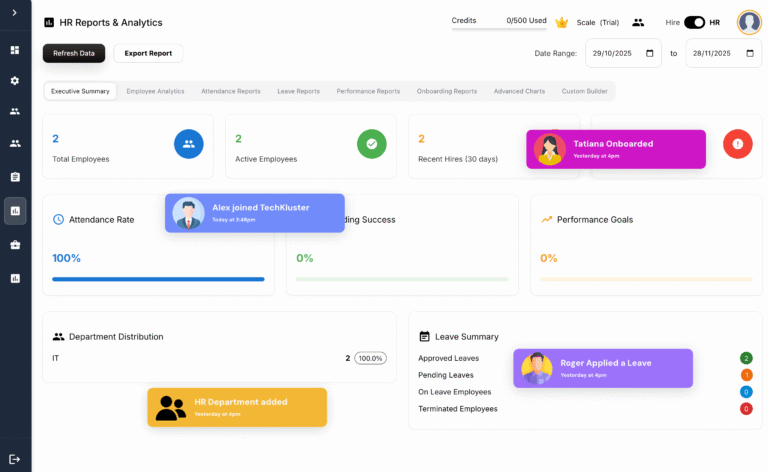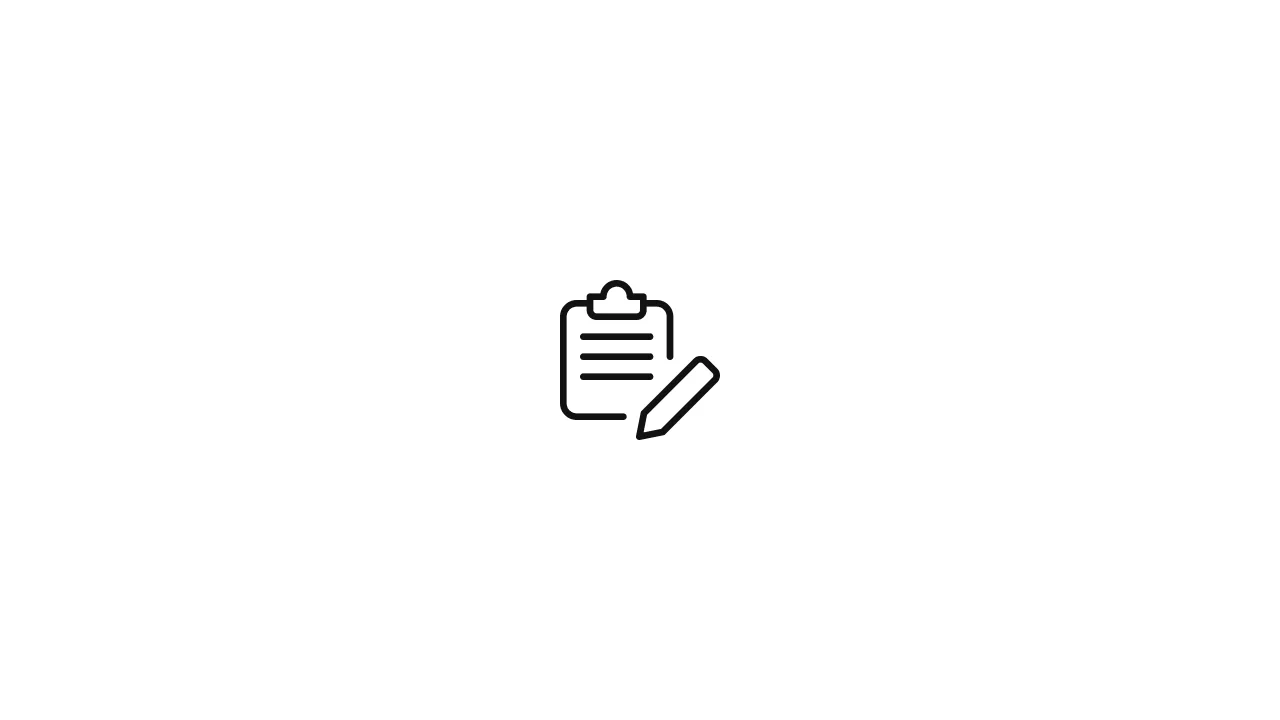Simply put, ethical hiring is the process of evaluating candidates without discrimination. While each company has its own idea of what this means, it is essential to maintain a consistent and well-organized hiring process to promote diversity and improve your reputation in the industry. A sound and ethical hiring system can also help attract quality …

Simply put, ethical hiring is the process of evaluating candidates without discrimination. While each company has its own idea of what this means, it is essential to maintain a consistent and well-organized hiring process to promote diversity and improve your reputation in the industry. A sound and ethical hiring system can also help attract quality candidates who will become satisfied new hires. The more you focus on implementing ethical hiring processes, the more you will realize the power of these and other benefits.
How to make your recruitment process more ethical
First anonymize all apps.The more you know about a candidate, the more likely there is to be bias. Just a name can influence your decision to move a candidate to the next step in the hiring process. Instead of letting unconscious bias creep into the hiring process, anonymize all applications. Remove identifying details, such as applicant name and school information, including dates of attendance, to reduce the possibility of presumption or preferential treatment based on this information.
1. Building a grading system
Candidate scoring allows you to determine the skills, experience, and characteristics a person needs to be successful in the role and determine which criteria are most relevant at different stages of the hiring process. You can assign a value to each item you add to the dashboard to gauge the performance of each candidate.
This system is beneficial because it allows you to objectively rank and compare candidates based on their achievements. Since each candidate will have their pros and cons, being able to see everyone’s scores makes for a more transparent and ethical hiring process. You’ll also be able to collect and analyze data to refine your recruiting approach over time. 3. Use the same interview structure for every candidate
A structured interview ensures that you use the same questions in the same order for each candidate. It may not seem like a big deal, but small changes in wording or sequence can affect a candidate’s answers and how you evaluate them.
2. Use the interview board
Even in a small business, it’s always better to have an interview panel. Trends are more likely to influence hiring with a single interviewer when evaluating a conversation and relaying information to the rest of the hiring team. A diverse interview panel allows multiple people to work together to score candidates and make a final decision. Because there are many different points of view, the group is less likely to experience bias in its decisions.
Common ethical dilemmas
When recruiting candidates and hiring new employees, you may encounter ethical dilemmas. Some of the most common situations that influence hiring choices include:
Unethical use of social media:
Use social media to discover status-protected information and use it to make hiring decisions. Social media can be an effective screening tool, but you don’t want to go overboard into unethical territory.
Unethical SEO Practices:
Employee referral programs are a great way to find talent. Unfortunately, these programs can lead to unethical recruitment practices, such as favoritism and favoritism.
Misspelled job requirements:
Maintain transparency with all applicants regarding job requirements and responsibilities. Over-promising related duties can lead to a frustrated employee who would be better qualified for a different role. Ad placement does not exist:
This tactic can be used as a way to research the current talent pool or make the most of a paid position on the job board, but it can cause job seekers to distrust your company. .
The ability to identify ethical dilemmas allows you to take steps to remove them from the hiring process.






